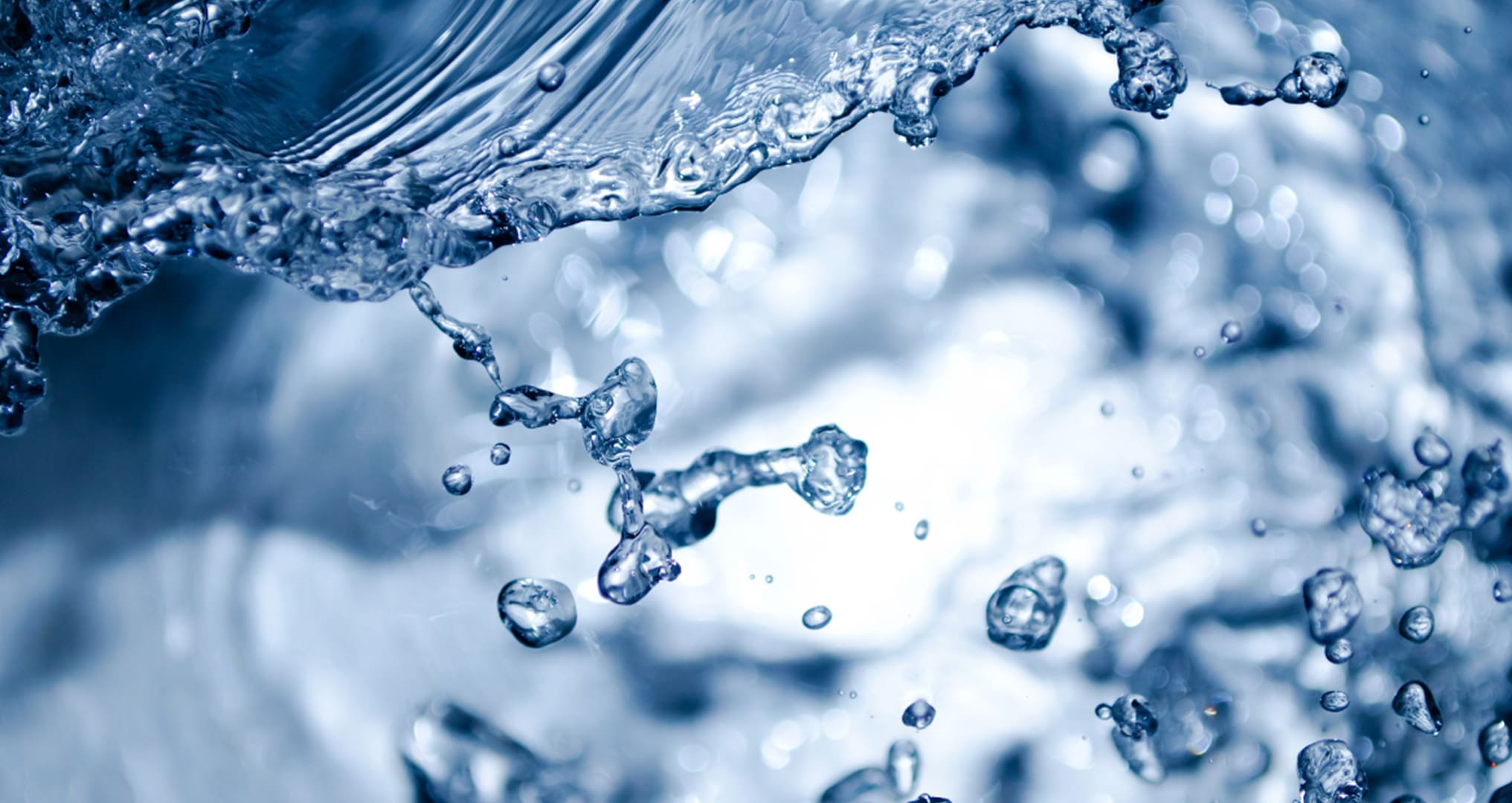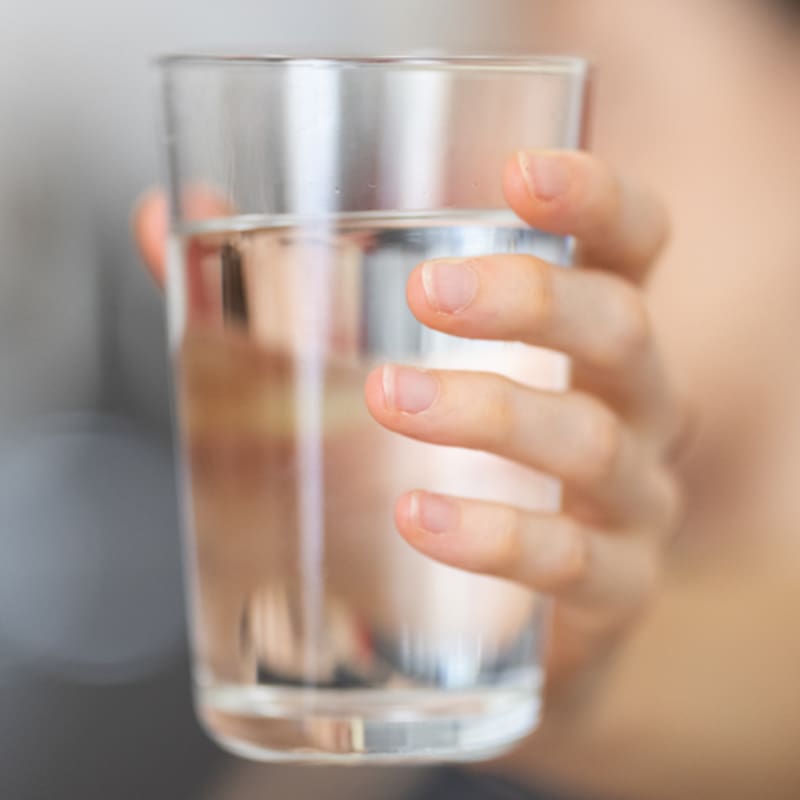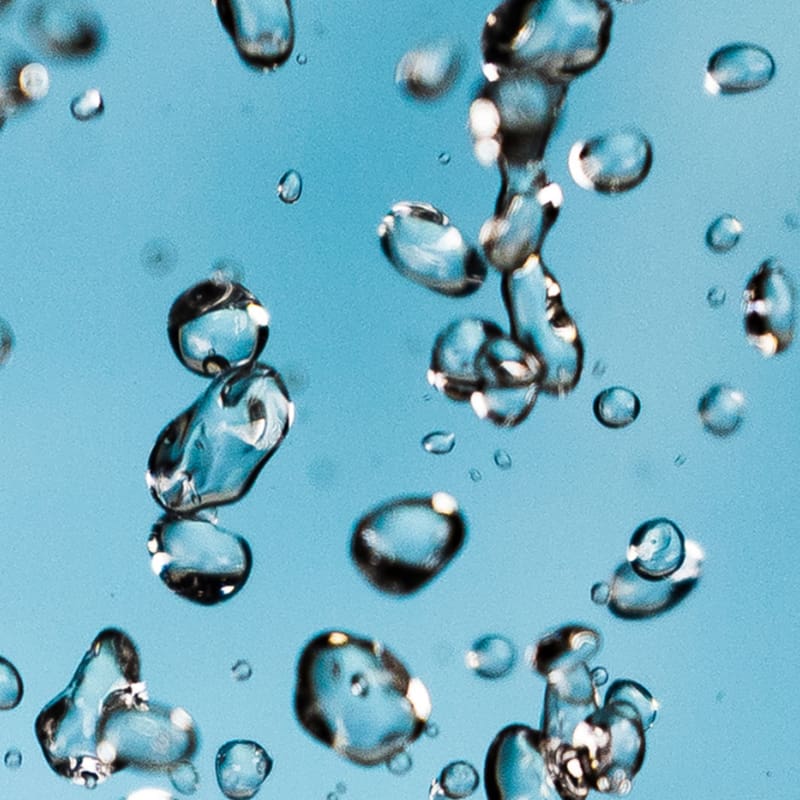Is It Possible to Filter Water Too Much?

We’re all familiar with the importance of having clean drinking water, but is there such a thing as too much when it comes to filtering our taps?
Many of us will use water filters in our businesses or purchase bottled water and other sources for safe consumption. But are these filters adequately filtering your water or are they doing more harm than good? Is too much of a good thing really bad – or are there valid reasons why you might want to take extra steps to ensure your employee’s safety?
This is a question Office H2O gets many times, as most people understand the importance of clean drinking water that’s hydrating and balanced. So, let’s explore the possibility that your current filtration system is filtering out too much and why our bottleless water coolers can solve all your hydration problems.
Water Filtration 101: Why Filter Water At All?
Have you ever wondered why we bother with water filtration? There are two big reasons. First and foremost is safety. Filtering out bad stuff like bacteria and parasites is crucial for avoiding illness. But it’s not just about safety. Filtration can also do wonders for improving the taste and smell of tap water.
Beyond that, it helps get rid of unwelcome chemical compounds. Think chlorine, lead, and iron – all things you don’t want hanging around in your drinking water. So if you’re ever debating whether or not to invest in a water filter, keep in mind that the benefits go beyond just avoiding a nasty bug.

Different Types of Water Filtration Systems
So, what options do we have for filtering our water? There are a variety of different systems available on the market today. Here are the most common ones.
Activated Carbon Filters
Activated carbon filters are considered the most common type of water filtration system. These filters are made of activated carbon, which is a highly porous material that helps remove impurities and odors from the water. The activated carbon filter traps impurities like sediment, chlorine, volatile organic compounds (VOCs), and other chemicals.
Reverse Osmosis Systems
Reverse osmosis filters use reverse osmosis technology to filter water. This type of water filtration system is ideal for removing contaminants such as arsenic, lead, fluoride, and nitrates. It works by pushing water through a semipermeable membrane that removes most of the impurities in the water.
Ion Exchange Filters
Ion exchange filters are beneficial in areas where the water is hard. This type of filtration system works by exchanging magnesium and calcium ions with sodium or potassium ions. When water passes through an ion exchange resin, it removes all hardness minerals like calcium and magnesium, which can cause problems such as clogging pipes, producing spots on dishes, and staining laundry.
Ultraviolet Filters
Ultraviolet filters use ultraviolet light to disinfect water and eliminate bacteria, viruses, and other harmful microorganisms. Some of the benefits of ultraviolet filters include not changing the taste or mineral content of the water and not using any chemicals, making it safe for the environment. They are also effective in treating pathogens and can be used in combination with other filtration systems.

Is it Possible to Filter Water Too Much?
Not really. It’s important to remember that the purpose of a water filter is to reduce levels of contamination and improve taste and smell. You also have to take note that while water treatment facilities do treat your tap water, it still goes through a journey before getting to your business where it can pick up some unwanted things.
That said, there may be some cases where it’s beneficial to use additional filters or purification systems. This includes if you’re dealing with hard water or other forms of contamination.
Furthermore, filtered water is always going to be more healthy than unfiltered water, but if you want to make it even healthier for your staff, then you’re going to want systems that put essential nutrients and minerals back into the water. With our state-of-the-art bottleless water coolers, you get the benefits of both filtered water and electrolyte boosts that keep employees and customers hydrated and healthy.
In the end, it all comes down to understanding what your drinking water needs are and taking steps to ensure that they’re met effectively.
Get 9 Stages of Filtration And Purification With Office H2O
At Office H2O, we have the highest-quality filters available for office water coolers. Our nine-stage filtration and purification process removes 99% of all contaminants from your tap water. Plus, our process doesn’t take very long—all it takes is one hour or less after intallation to get pure, safe drinking water for you and your coworkers.
Office H2O is the best choice for providing your office with clean, safe drinking water. Contact us today to learn more about our filtration and purification process!
